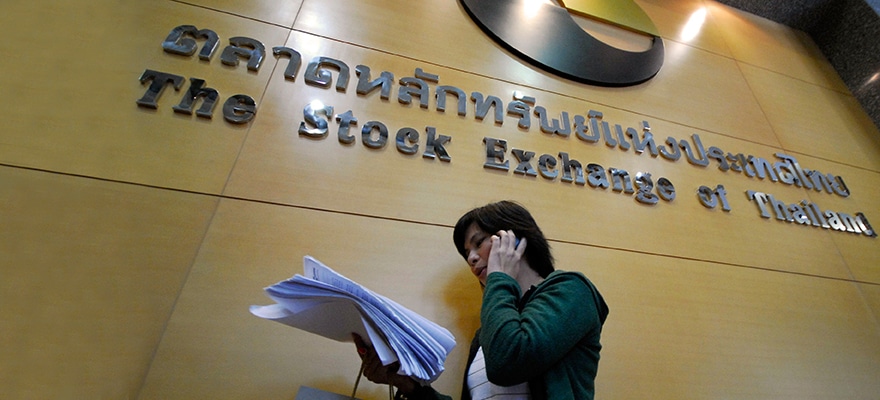Thailand wants to increase oversight of Cryptocurrencies and digital assets by integrating anti-money-laundering rules into the Thai crypto-related laws. The proposed legislation seeks to strengthen the sector’s security and prevent potential fraud, while at the same time offering a set of guidelines on the crypto dealings.
Pol Maj Gen Preecha Charoensahayanon, acting secretary-general of the Anti-Money Laundering Office (Amlo), told local newspaper BangkokPost that cryptocurrency firms will be subjected to rules to prevent the abuse of digital coins for money laundering.
“Criminal will increasingly transform their money into digital currencies such as bitcoins as the virtual format will make it harder for authorities to trace their financial transactions,” he explains.
The yet-to-be-approved rules will require crypto exchanges to share the information of users with regulators, whenever funds are transferred between firms, to curtain a growing number of illicit activities stemming under the guise of the global cryptocurrency industry.
The Southeast Asian nation has already taken steps toward the adoption of cryptocurrencies, rolling out regulations and guidelines to welcome the business and opportunities that Blockchain brings.
Thailand accelerates plans to regulate the crypto scene
The move mirrors a similar regulatory approach at different jurisdictions, including in Europe, Specifically, a pan-European directive, dubbed ‘AMLD5,’ brings crypto exchanges and custodian wallet providers within the scope of EU anti-money laundering rules for the first time. The law imposes registration and customer due diligence requirements that force operators to disclose their traders’ identities and report suspicious activity.
The move also helps Thailand strengthen its position as a hub for the blockchain industry in Asia. The country has already been one of the early adopters of cryptocurrency legislation in order to appeal to those who seek “regulatory havens” in light of China’s ban and increased scrutiny in Russia, Europe, and the US.
Under the country’s current regulatory framework, separate licenses are required for cryptocurrency and digital tokens where a crypto firm can apply for a license to operate an exchange or a brokerage business.
Earlier this year, the Thai regulator has approved four new crypto exchanges to operate in the country including Bx, Bitkub, Coins, and Satang Pro. The subsidiary of global crypto platform Huobi was also approved last month as a licensed broker and dealer in cryptocurrencies. The deal has been hailed as a major step forward for the legitimacy of cryptocurrencies in Thailand.

















